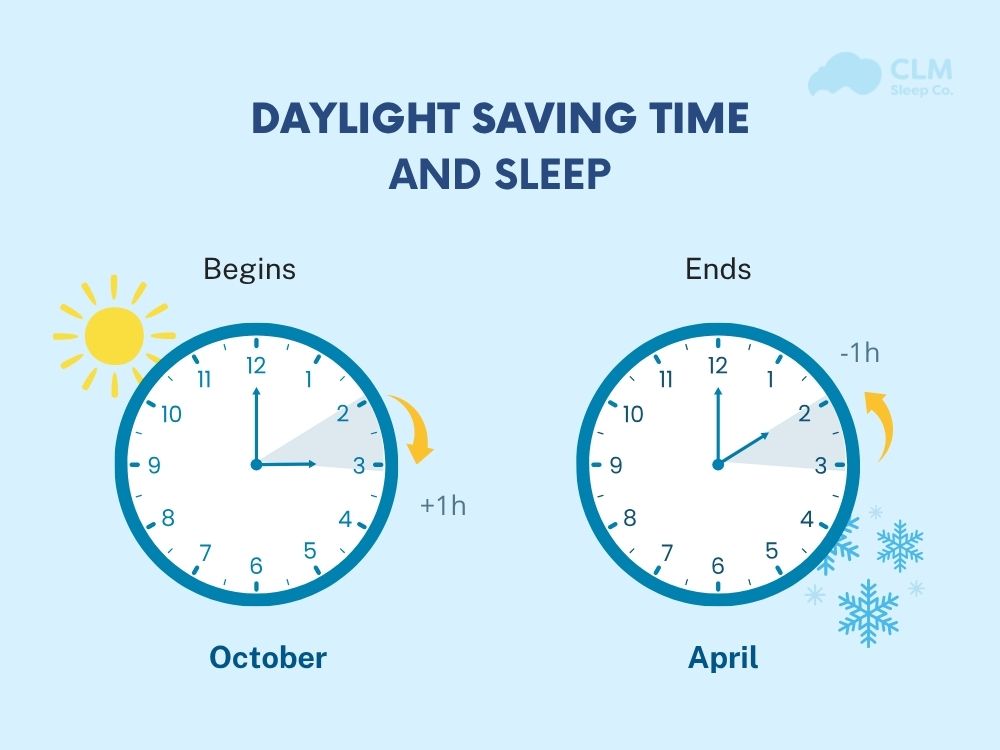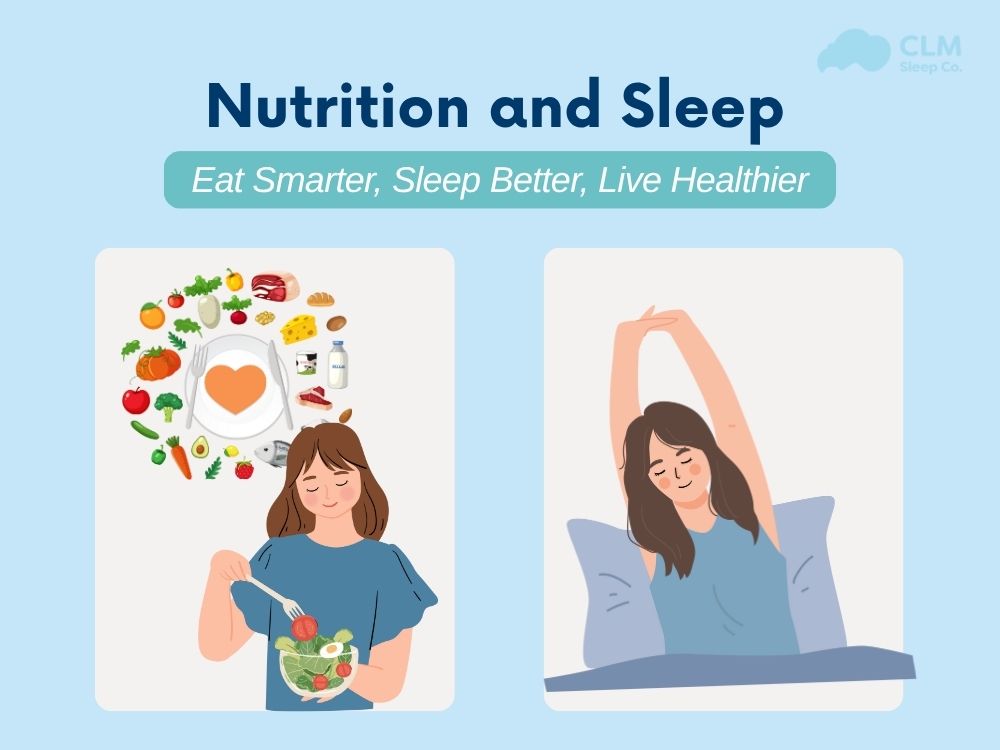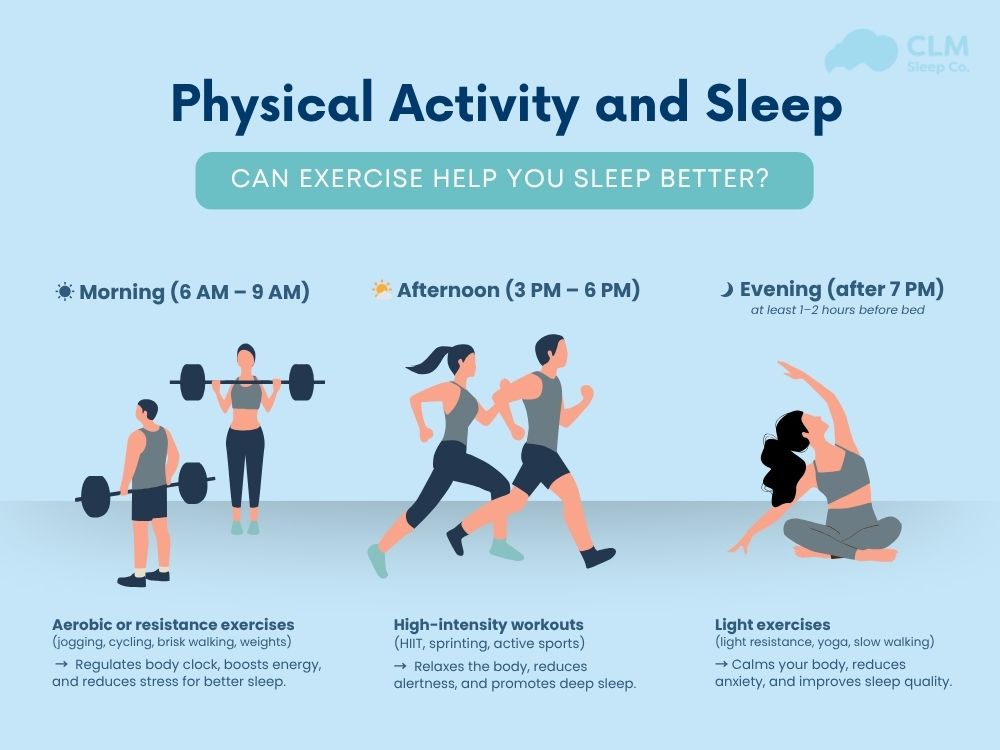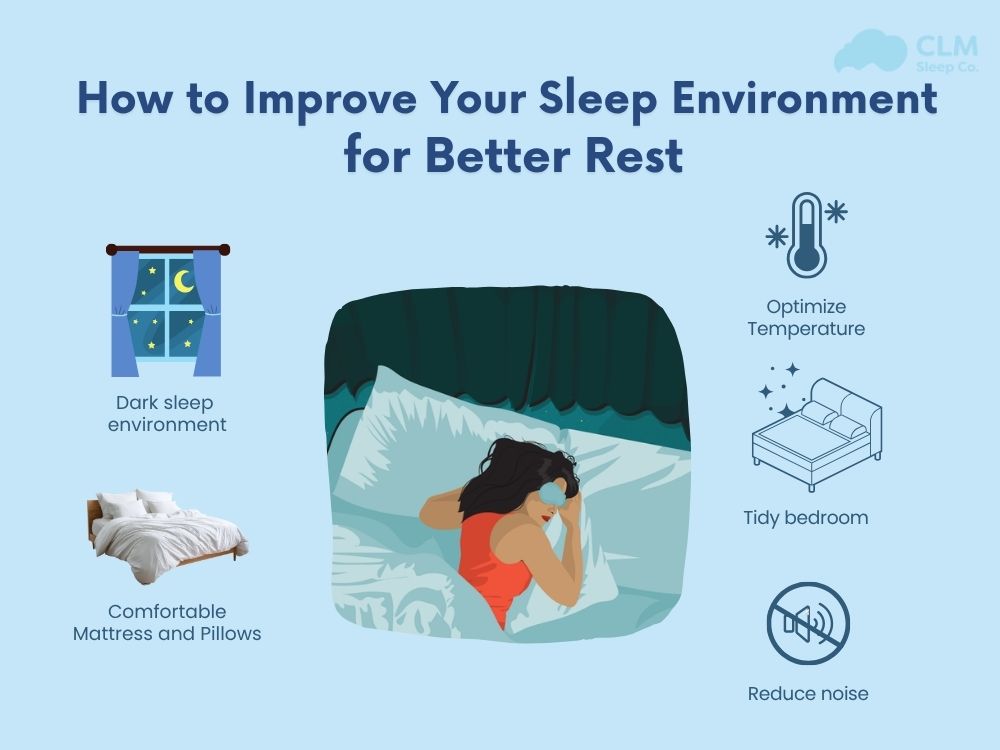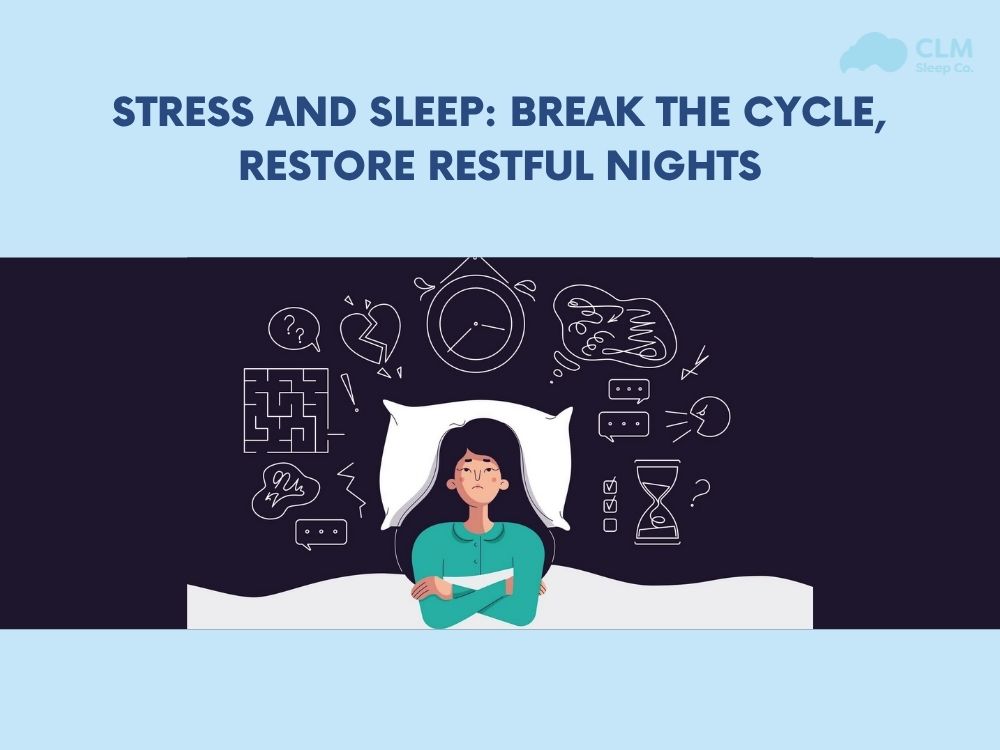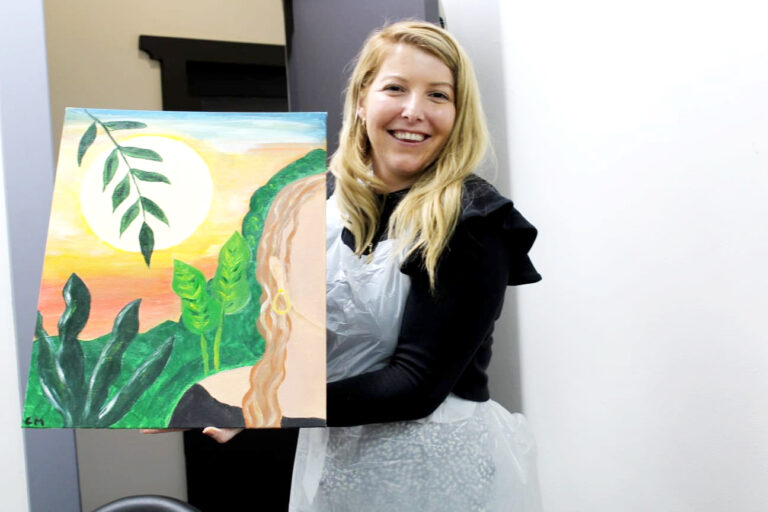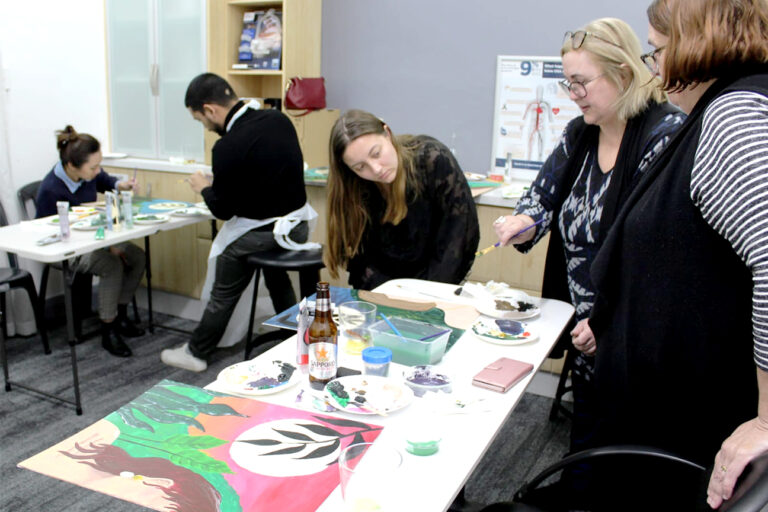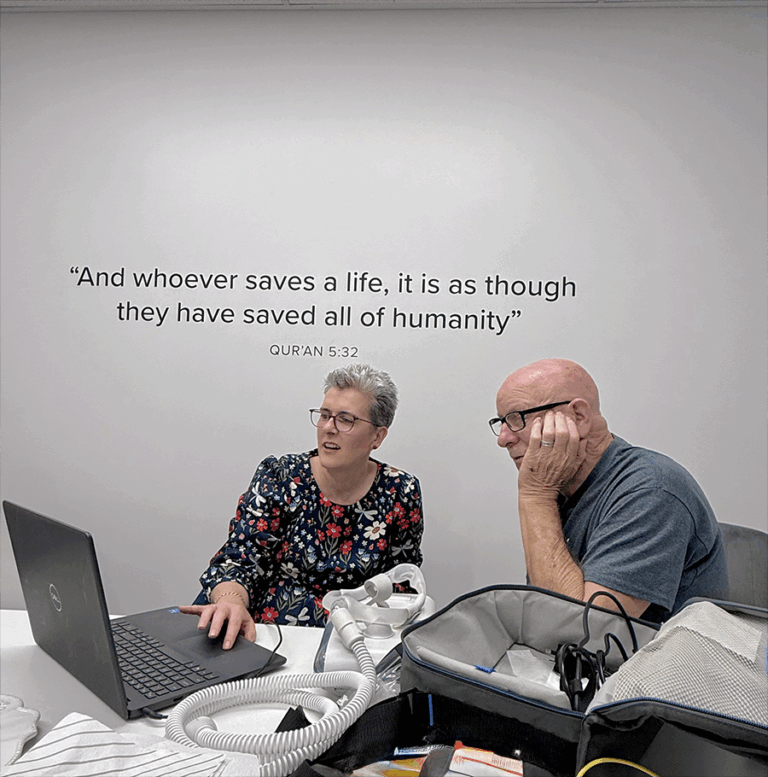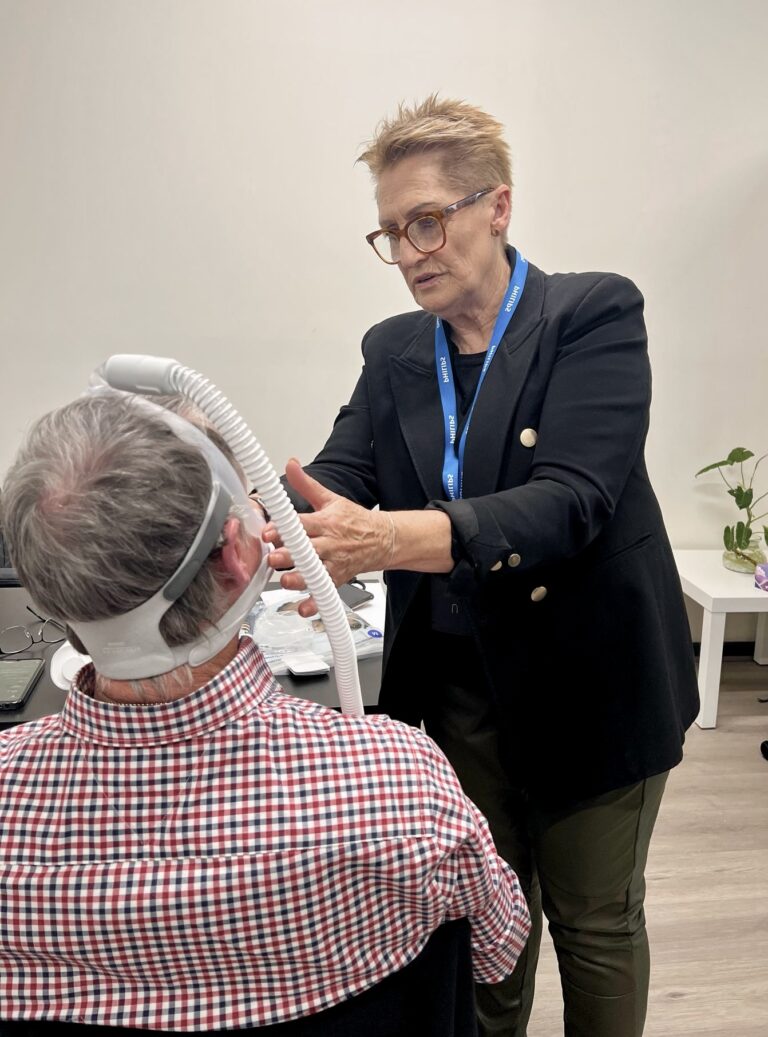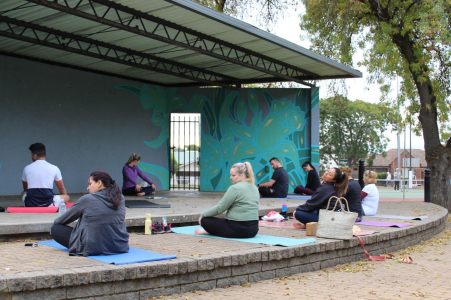Every year, on the first Sunday of October, many states in Australia such as NSW, VIC, SA, TAS, and ACT will enter Daylight Saving Time (DST). Adjusting the clocks forward by one hour will help Australians make the most of daylight, save energy, and extend daylight hours. However, this adjustment will result in the loss of one hour of sleep, affecting the body’s circadian rhythm.
How Daylight Saving Time Affects Sleep
Now Daylight Saving Time (DST) forces the body to adjust its internal biological clock to adapt to the new sleep schedule. In the early days, before your body has had a chance to adjust to this change. You may find it difficult to sleep at night and wake up in the morning. Shortening sleep time in the early stages not only reduces sleep quality but also makes you sleepy during the day. It decreases your ability to concentrate and affects your daily or work performance. Beside the time factor, DST is also affected by weather conditions, especially in summer. When high temperatures and prolonged daylight make it even harder for the body to enter a natural state of rest. For those who find it difficult to adapt to changes in their circadian rhythm, this shift can lead to short-term sleep deprivation. In more severe cases, it may even cause circadian rhythm disorders, leaving the body “out of sync” with real time.
Short-Term Sleep Deprivation
When the body doesn’t have time to adapt to the new circadian rhythm, short-term sleep deprivation is very likely to occur.
You might sleep 1–2 hours less each night for the first few days. It may seem insignificant, but in reality, it triggers a cascade of biological reactions.
- An imbalance of the hormones melatonin and cortisol disrupts the natural sleep-wake cycle.
- Increased feelings of stress and discomfort, and reduced ability to concentrate.
- The heart beats faster and blood pressure is temporarily elevated, especially in people with a history of cardiovascular disease.
- Metabolic disorders and short-term sleep deprivation can increase cravings for sweets and starches.
If this condition lasts for more than a few days, the body can fall into Disruption of Circadian Rhythm.
Disruption of Circadian Rhythm
The circadian rhythm is the “internal clock” that controls the body’s natural activities: sleep-wake cycles, hormone secretion, digestion, body temperature, and more. Daylight Saving Time abruptly changes this “time marker,” causing the body to be out of sync between actual time and its internal biological clock. As a result, you might feel:
- Sleepy during the day, lacking energy in the morning
- Difficulty sleeping at nite despite going to bed on time.
- Mood swings, easy to get stressed, and reduced work productivity.
According to some publications about sleep in Australia, it takes an average of 5-7 days for the body to fully adapt to DST time.
Health Implications of Daylight Saving Sleep
Daylight Saving Time (DST) not only changes daily routines but also directly affects physical and mental health. Losing an hour of sleep, combined with changes in temperature and light during the transition period, can trigger a range of physiological and psychological reactions. These are effects that we sometimes don’t even realize.
Cardiovascular Risks
Medical studies in Australia and Europe show that the number of heart attacks and strokes increases slightly in the first week after the switch to daylight saving time. This rise is most noticeable during the transition to spring. The reason is that lack of sleep and changes in the stress hormone (cortisol) increase blood pressure, heart rate, and blood viscosity. These are all risk factors for cardiovascular disease. Additionally, the high summer temperatures in South Australia cause the heart to work harder to regulate body temperature. This increases the burden on the cardiovascular system. When hot weather combines with sleep deprivation due to DST, the risk of myocardial infarction or mild stroke can increase significantly. This is especially true for the elderly and those with underlying medical conditions.
Mental Health Effects
DST not only affects the body, but also has a strong impact on mood and mental health.
Changing sleep-wake cycles, combined with erratic weather conditions (too hot or too gloomy), can cause symptoms such as:
- Mood swings – Unpredictable changes in mood, easily irritable
- Anxiety, stress, difficulty concentrating
- Mild depression, especially in people sensitive to changes in light.
Sunlight is the main factor that stimulates the body to produce serotonin, the “happy” hormone. When schedules and weather change suddenly, serotonin and melatonin imbalances can reduce sleep quality, leaving you feeling sluggish, depressed, and lacking energy during the day.
Accidents and Productivity
Lack of sleep not only makes you tired but also directly affects your safety and work efficiency. Australian researchers have found that the number of traffic and workplace accidents increased in the first week after the switch to DST. The main causes are:
When sleep duration and quality are reduced, your reaction time and judgment skills also decline significantly.
A tired body and lack of focus make you more prone to errors when driving, operating machinery, or performing tasks that require precision.
In the initial days after the time change, academic and work performance can decrease by 10–15%. This effect is most noticeable among people who work fixed hours or early morning shifts.
Tips to Minimize the Impact of DST on Sleep
Changing time zones during Daylight Saving Time (DST) can make the body feel tired, sleepless, or unfocused for the first few days. However, you can completely minimize this impact by proactively adjusting your daily routine before and after DST begins.
Gradual Adjustment of Sleep Schedule
Don’t wait until Daylight Saving Time (DST) starts to adjust your sleep schedule. Go to bed and wake up about 15–30 minutes earlier each day for 3–4 days before the time change. This method helps the body gradually adapt to the new time, avoiding “jet lag” when having to wake up an hour earlier suddenly.
Beside, to maintain quality sleep, you should keep the habit of going to bed and waking up at a fixed time every day, including weekends. And don’t forget, in the hot Australian summer, a cool, airy bedroom with a comfortable temperature will help you fall into a deep sleep quickly and wake up feeling more refreshed in the morning.
And don’t forget, in the hot Australian summer, a cool and airy bedroom with a comfortable temperature will help you fall asleep faster. You will wake up feeling more refreshed in the morning.
Morning Sunlight Exposure
You should know that sunlight is the body’s “natural alarm clock,” helping to resynchronize the circadian rhythm after daylight saving time changes. As soon as you wake up, go outside and soak up the early morning light for 15–20 minutes. You’ll feel more alert and energized. In Australia, during the winter months or when days are shorter, it’s even more important to make the most of daylight in the morning. It helps combat feelings of sluggishness and fatigue, keeping the body alert throughout the day. If you work in a closed office, open the curtains, sit near a window, or take a morning walk before work to get more natural light exposure.
As soon as you wake up, go outside and soak up the early morning light for 15–20 minutes. You’ll feel more alert and energized.
Avoid Caffeine and Screens Before Bed
When DST begins, many people find it easier to stay up late because it gets dark later. However, this makes it harder for the body to fall into a deep sleep. Therefore, it’s best to avoid drinking coffee, tea, or energy drinks after 3–4 PM to prevent nerve stimulation at.
Before going to bed, limit your exposure to blue light from electronic devices such as phones, computers, or TVs. Blue light can inhibit the production of the hormone melatonin – the hormone that helps the body recognize it’s time to rest. When melatonin is reduced, you’ll find it harder to fall asleep, even if you feel tired.
Therefore, you should switch your phone to “Night Shift” mode (iPhone) or “Eye Comfort / Blue Light Filter” (Android) at least 30–60 minutes before bed. These modes will reduce blue light and warm the screen’s color tone, making your eyes more relaxed.
If possible, before going to bed you can read a few pages of a physical book, write in a journal, or listen to light music. These activities help relax the mind, reduce stress, and prepare the body for deep sleep.
Maintain Healthy Sleep Hygiene
To improve sleep quality during DST, you should practice good “sleep hygiene” every day by: Keeping the room dark, cool, and quiet, avoiding light or noise from outside.
- Relax before bed with light activities such as meditation, deep breathing, reading, or listening to soft music.
- Avoid working, eating, or using electronic devices in bed so your brain recognizes it as a place for rest.
Who Is Most Affected in Australia?
Not everyone reacts the same way to the change of Daylight Saving Time (DST). In Australia, some groups of people tend to be more strongly affected by the combination of changes in sleep patterns, weather, and physical characteristics.
- Shift workers: Their irregular work schedules make it difficult for them to adjust their biological clocks. They are also more prone to fatigue and insomnia when changing shifts.
- Elderly or those with cardiovascular disease: The body adjusts slowly and is prone to sleep disturbances. There is also an increased risk of cardiovascular problems during the first week of DST.
- People living in hot or cold regions: Extreme weather combined with DST disrupts sleep and makes it difficult to maintain deep sleep.
- Children and Students: School and activity schedules start earlier. This leads to less sleep, difficulty concentrating, and increased fatigue in the mornings.
Read more: How to Fix Circadian Rhythm: Effective Strategies for Better Sleep
Conclusion
Daylight Saving Time brings many benefits such as making better use of sunlight, saving energy, and enjoying longer days. However, even a one hour change can affect your sleep and health, especially for those with fixed routines or sensitive body clocks. Understanding these effects and maintaining healthy habits like going to bed earlier, avoiding screens before sleep, and getting morning sunlight can help your body adjust smoothly. A small one hour change can make a big difference to your sleep and overall well-being.
